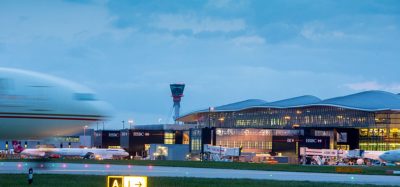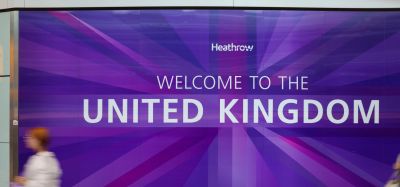Transforming African aviation: An interview with Adefunke Adeyemi, Secretary General of AFCAC
Posted: 2 August 2024 | Adefunke Adeyemi, Holly Miles | No comments yet
Watch this in-depth exclusive interview with Adefunke Adeyemi, Secretary General of the African Civil Aviation Commission (AFCAC)
Join us for an insightful interview with Adefunke Adeyemi, Secretary General of the African Civil Aviation Commission (AFCAC), recorded at Airspace World in Geneva.
Hosted by Holly, Editor of International Airport Review, this conversation delves into the crucial roles AFCAC plays in promoting safety, security, environmental sustainability, and connectivity across Africa’s vast aviation landscape.
Adeyemi discusses the challenges and opportunities of implementing the Yamoussoukro Decision and the Single African Air Transport Market (SAATM), aiming to enhance intra-African connectivity and socio-economic development. She also sheds light on the importance of sustainable aviation fuels, the pressing need for infrastructure improvement, and initiatives to attract the next generation of aviation professionals. Discover how AFCAC is working to transform African aviation for a brighter, more connected future.
Related topics
Air traffic control/management (ATC/ATM), Economy, Passenger experience and seamless travel, Regulation and Legislation, Route development, Safety, Security, Sustainability, Sustainable Aviation Fuel (SAF), Tourism, Workforce

















